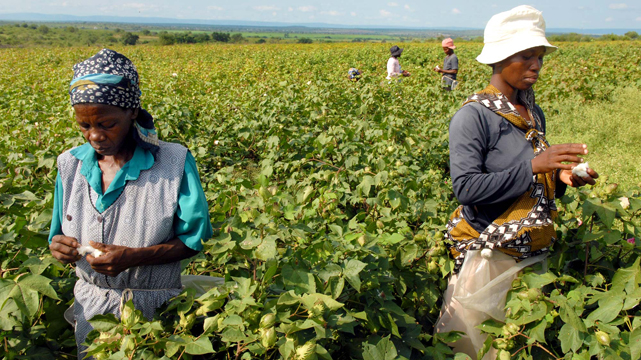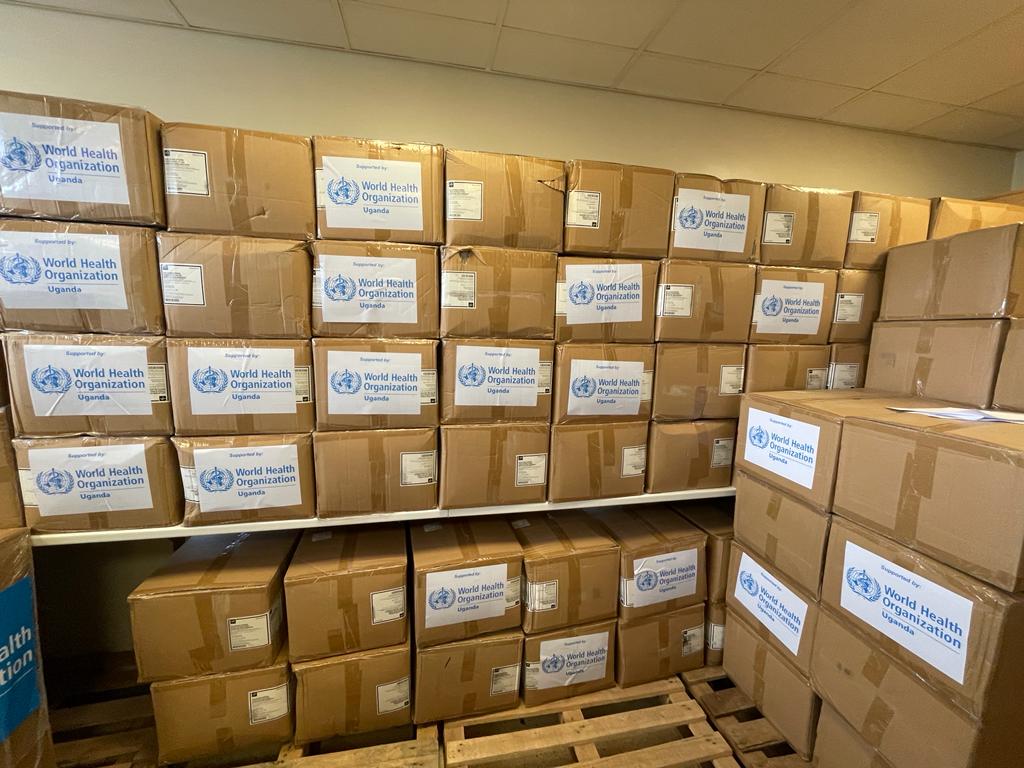World Bank has assured Kenya of its continued support as the country strives to become an upper middle-income country, anchored under the Vision 2030 blueprint.
The Group’s board of executive directors sitting in Washington on Sunday voiced its support for World Bank’s latest six-year strategy to support the country in its ongoing efforts towards green, resilient, and inclusive development.
The Kenya Country Partnership Framework (CPF) is a joint strategy between the World Bank, the International Finance Cooperation, the Multilateral Investment Guarantee Agency (MIGA), and the Kenyan government.
It is aimed at promoting shared prosperity and reducing poverty among the population.
Informed by extensive stakeholder consultations, the CPF seeks to drive faster and more equitable labour productivity and income growth, greater equity in development outcomes across the country, and help sustain Kenya’s natural capital for greater climate resilience.
“The people of Kenya are in a position to reap even greater dividends from the country’s robust economic growth in terms of more durable poverty reduction,” said Keith Hansen, World Bank Country Director for Kenya.
Tackling the drivers of inequality will help to ensure that Kenya can achieve and maintain more equitable development in the long run, Hansen said.
Over the past decade, Kenya’s economy has outperformed its low- and middle-income country (LMIC) peers with the growing number of better-educated and healthier Kenyans in the labour force.
But the pace of poverty reduction, and then the Covid-19 pandemic, revealed how vulnerable many households are when faced with shocks.
However, the World Bank said it is ready to provide the support that targets lagging areas and communities with better services and infrastructure, that build household and community resilience.
In doing so, it aims to help Kenya avoid the inequality and productivity traps experienced by other Middle-Income Countries (MICs).
“Kenya’s private sector is poised to drive faster job creation and to seize new opportunities from global and regional integration,” IFC regional director for Kenya Jumoke Jagun-Dokunmu said.


